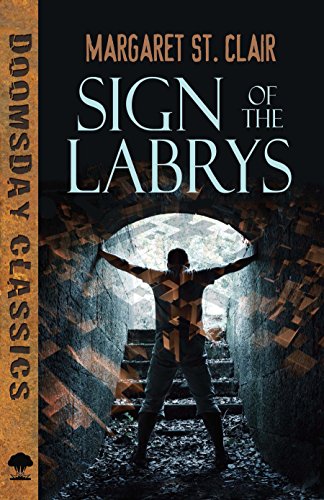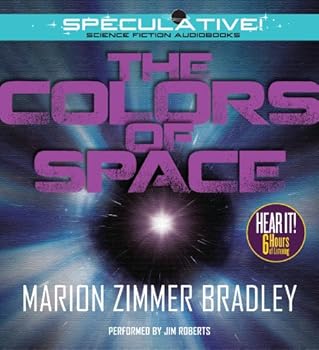The Man Who Fell to Earth by Walter Tevis
Thomas Jerome Newton is a humanoid alien who has come to Earth on a mission. He hopes to save the remaining 300 aliens who are dying on his home planet. Since childhood he’s been preparing for this, training by watching and listening to Earth’s radio and TV broadcasts. Being mostly humanoid in appearance, and understanding much of Earth’s culture, he has disguised himself to successfully pass as a man from Kentucky.
Soon after his arrival, he contacts a patent lawyer and begins to “invent” the technology of his superior planet.
Read More
















Don't know how to answer that, Andrew; I've only read the long. But when it comes to REH, more is…
Would you recommend the long or the short version of Three Bladed Doom?
"A Gent From Bear Creek," originally a collection of short stories later cobbled together to make a novel, and "Three-Bladed…
What were the 4 novels we wrote? Two were Almuric and Hour of the Dragon, what's the other 2?
He has a new one just out (or being released soon) called DRILL. I'm interested, but I may need to…